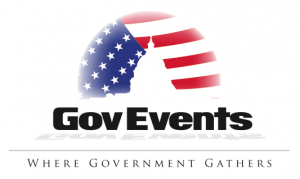 The last year has brought about incredible change in the federal workforce, and it shows no sign of stopping. With a new Director for the Office of Personnel and Management (OPM) confirmed, the next several months will bring new energy and activity to formalizing and standardizing workplace policies, processes, and approaches for the "new normal" of a digital-first government.
The last year has brought about incredible change in the federal workforce, and it shows no sign of stopping. With a new Director for the Office of Personnel and Management (OPM) confirmed, the next several months will bring new energy and activity to formalizing and standardizing workplace policies, processes, and approaches for the "new normal" of a digital-first government.
The move to telework changed how many people view and even perform their jobs. Before the pandemic, telework was sporadically used throughout government and viewed pretty skeptically. Now that the genie is out of the bottle, it's clear that government can continue to function without people in office buildings from 9am-5pm. As in-person work starts to come back around, the new shift will be in defining and managing a hybrid workforce.


 Blockchain technology is a new way of passing information from
Blockchain technology is a new way of passing information from 


